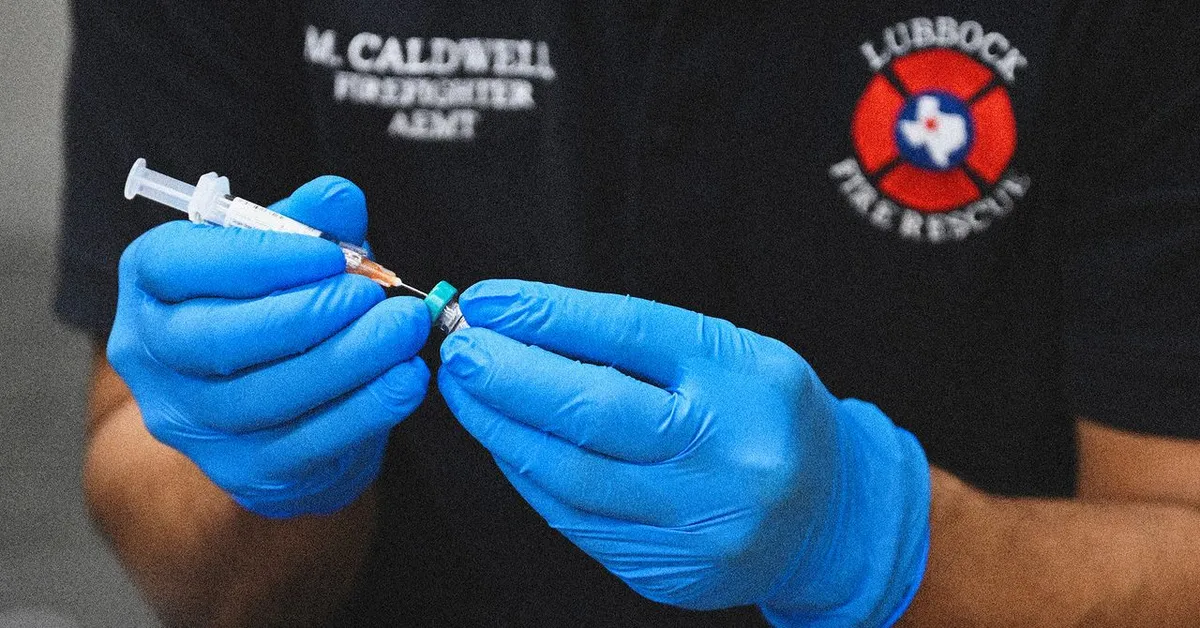
A significant measles outbreak in Texas, which has affected a total of 762 individuals, has officially concluded, as announced by the Texas Department of State Health Services on Monday. The health agency confirmed that it has been over 42 days since any new cases were reported in the counties that previously experienced ongoing transmission of the virus. This outbreak marks a distressing chapter in the United States' public health history, contributing to the highest number of measles cases in over 30 years.
As of August 5, the Centers for Disease Control and Prevention (CDC) reported a total of 1,356 confirmed cases of measles across the nation in 2023. In stark contrast, there were only 285 reported cases in the previous year, 2022. The Texas outbreak, which originated in January within a rural Mennonite community known for its low vaccination rates, has been particularly alarming. Children accounted for more than two-thirds of the reported cases, with two unvaccinated children tragically losing their lives due to the virus.
The Texas measles outbreak resulted in 99 hospitalizations, which represents approximately 13 percent of all cases. Measles is a highly contagious respiratory illness that not only causes serious health complications but can also weaken the immune system, making individuals more susceptible to secondary infections such as pneumonia. In rare instances, measles can lead to severe outcomes like brain swelling and long-term neurological damage, as well as complications during pregnancy, such as premature births and low birth weight in newborns.
The most effective way to prevent measles is through the measles, mumps, and rubella (MMR) vaccine. A single dose of the MMR vaccine is 93 percent effective against measles, while two doses increase that efficacy to 97 percent. According to health guidelines, an outbreak is deemed over after a period of 42 days without new cases, which is twice the maximum incubation period for the virus.
While the Texas outbreak has officially ended, measles cases continue to be reported in other states. The CDC indicates that 40 states have reported measles infections this year, leading to a total of 32 outbreaks in the United States in 2023, a notable increase from 16 outbreaks in 2022. These ongoing outbreaks threaten the nation's measles elimination status, a designation achieved in 2000 after extensive efforts to improve vaccination rates. The risk of losing this status was evident in 2019 when a surge of measles cases occurred in under-vaccinated Orthodox Jewish communities in New York.
As vaccination rates decline across the United States, public health experts are warning of a potential resurgence of measles and other preventable diseases. A recent peer-reviewed study has suggested that, without significant improvements in state-level vaccination coverage, measles could re-establish itself and become endemic again within the next two decades.
In addition to the Texas measles outbreak, there are other pressing health issues to consider. For instance, in Mexico, measles has claimed the lives of 12 individuals this year, with the virus spreading rapidly. In the United States, the landscape of health care is shifting, as states are moving to secure access to vaccines amidst changing federal policies. Additionally, there are growing concerns regarding unproven treatments and their implications for patient safety.
In light of the ongoing public health challenges, it is crucial for communities to stay informed and prioritize vaccination to prevent future outbreaks of measles and other infectious diseases.